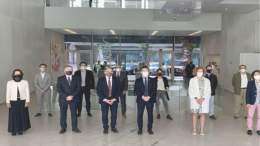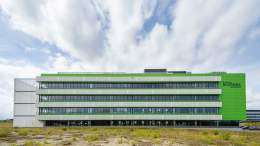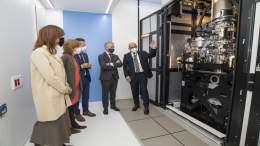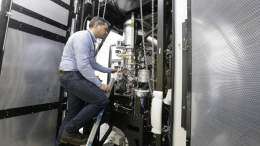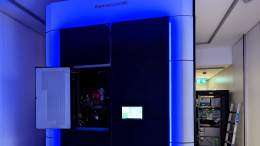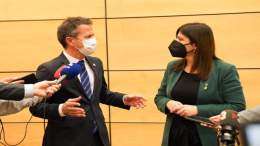BBDG Seminar: "Integrative visual proteomics: Bridging cryoET with physics-based simulations for biological discovery"
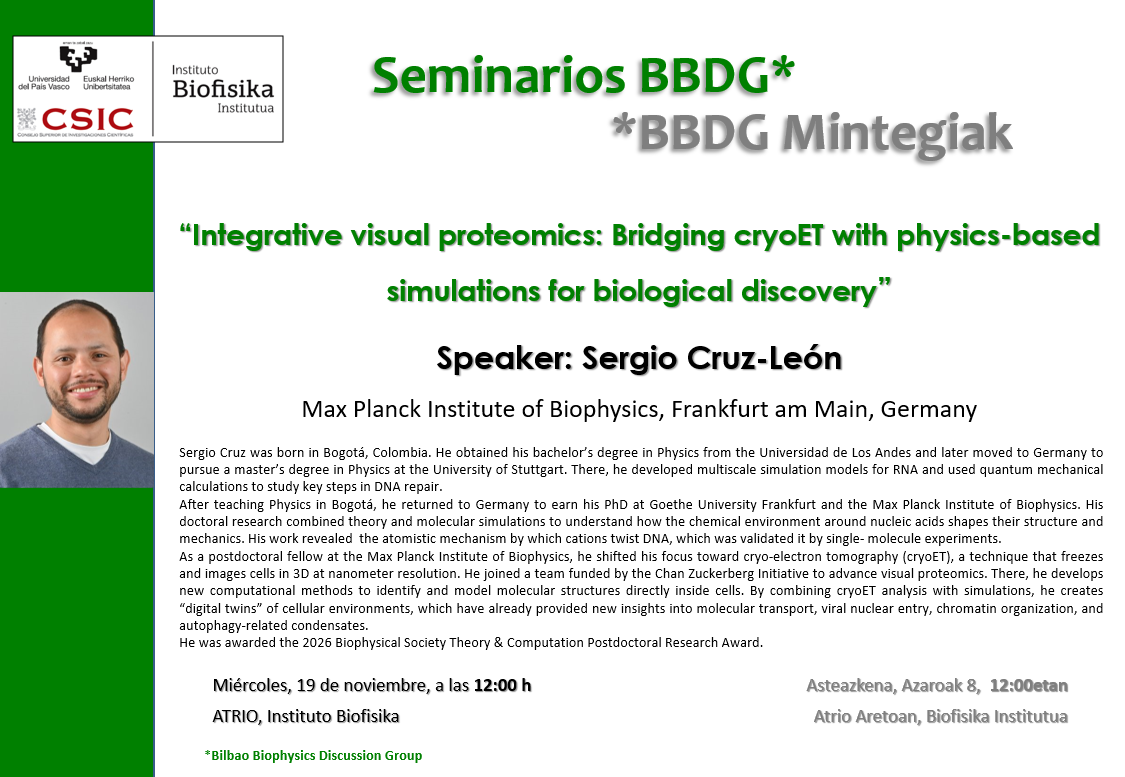
🗓️ November, Wed 19, 2025, 12:00h
📍Atrium (Instituto Biofisika)
📄 "Nanopipette robotics for multiparametric imaging and manipulation of living cells"
🗣️ Sergio Cruz-León (Max Planck Institute of Biophysics, Frankfurt am Main, Germany)
Sergio Cruz was born in Bogotá, Colombia. He obtained his bachelor's degree in Physics from the Universidad de Los Andes and later moved to Germany to pursue a master's degree in Physics at the University of Stuttgart. There, he developed ultiscale simulation models for RNA and used quantum mechanical calculations to study key steps in DNA repair.
After teaching Physics in Bogotá, he returned to Germany to earn his PhD at Goethe University Frankfurt and the Max Planck Institute of Biophysics. His doctoral research combined theory and molecular simulations to understand how the chemical environment around nucleic acids shapes their structure and mechanics. His work revealed the atomistic mechanism by which cations twist DNA, which was validated it by single- molecule experiments.
As a postdoctoral fellow at the Max Planck Institute of Biophysics, he shifted his focus toward cryo-electron tomography (cryoET), a technique that freezes and images cells in 3D at nanometer resolution. He joined a team funded by the Chan Zuckerberg Initiative to advance visual proteomics. There, he develops new computational methods to identify and model molecular structures directly inside cells. By combining cryoET analysis with simulations, he creates "digital twins" of cellular environments, which have already provided new insights into molecular transport, viral nuclear entry, chromatin organization, and autophagy-related condensates.
He was awarded the 2026 Biophysical Society Theory & Computation Postdoctoral Research Award.


